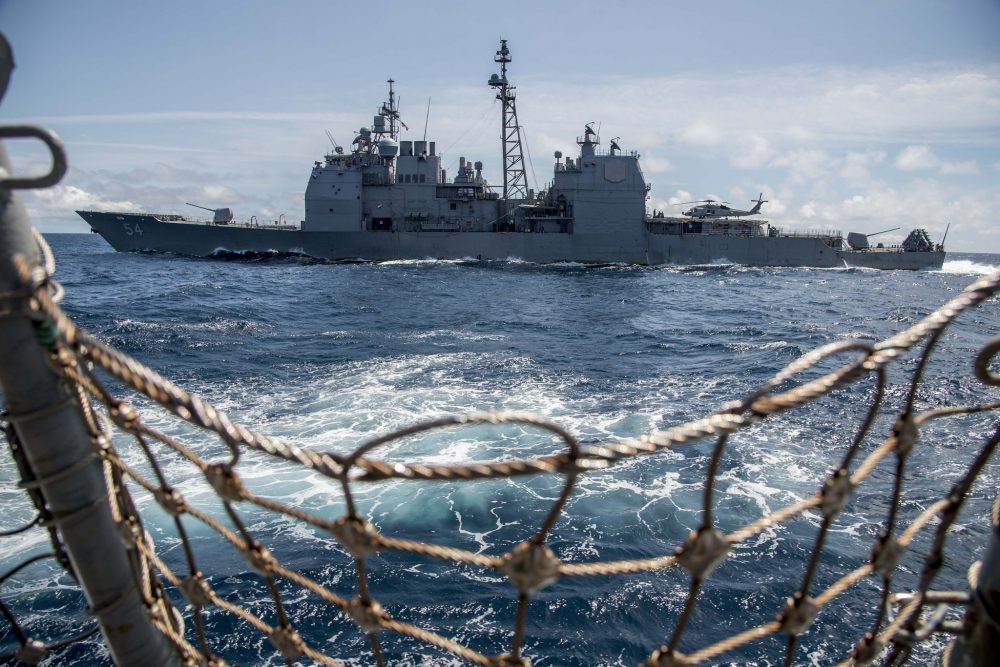Can Anyone Really Rule the South China Sea?
East Asian Powers Jockey for Islands and Atolls in an Ocean that Defies Man-Made Boundaries
Zócalo’s editors are diving into our archives and throwing it back to some of our favorite pieces. This week: The late political scientist and sinologist Aileen San Pablo-Baviera reflects on the man-made disputes over the South China Sea—its islands, atolls, and watery borders.
Wherever you go in the Philippines, the sea is never too far away.
I spent summers as a child laying on sunny beaches and playing in the waves. Sometimes we would go to an island where the white sand, framed by coconut trees, …










